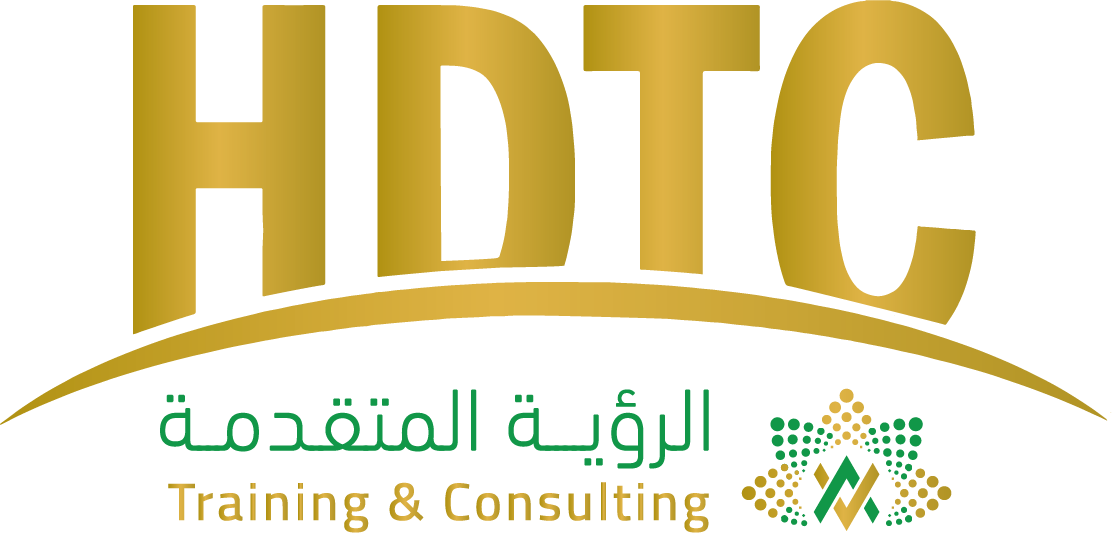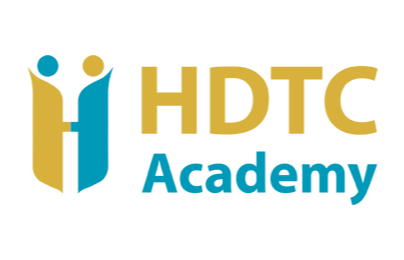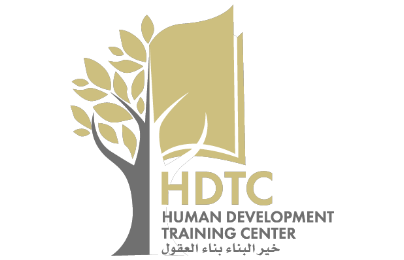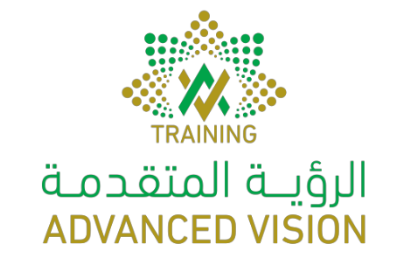
Business Planning, Coordination, Negotiation, and Excellence in Administrative Procedures - Khubar 02 November 2025
: 135Introduction:
Office and administrative work represent a fundamental pillar of organizational success, as they reflect the efficiency of operational performance and the level of professionalism within the workplace.
This program aims to equip participants with skills in effective planning and coordination, administrative process organization, and enhanced communication and negotiation, all of which contribute to improving team efficiency and developing managerial capabilities in line with the demands of modern work environments.
Course Objectives:
By the end of this training program, participants will be able to:
• Identify the role and importance of office and administrative work, the individuals responsible for it, and its impact on organizational success.
• Acquire time management skills that positively influence workflow efficiency.
• Apply verbal and written communication strategies necessary for performing responsibilities effectively.
• Enhance communication skills using modern communication tools and technologies.
• Develop a service-oriented attitude aimed at satisfying both internal and external clients.
• Identify the main causes of work pressure and apply techniques to manage and control it effectively.
Scientific Themes:
Communication and Negotiation Skills – Course Outline
❖ Understanding Communication with Others
• The nature and objectives of communication
• Strategies for deepening interaction with others
• Human behavior motives and patterns
• Factors influencing impression formation about others
• Components of communication
• Barriers to effective communication
• Effective communication skills
❖ Principles of Effective Communication
• Active listening – levels of attentiveness
• Written communication skills
• Handling complaints (types of customers: dissatisfied – skeptical – obstructive – hesitant – shopper – impulsive – talkative – friendly – closed – dry – know-it-all)
❖ Understanding Your Personality and Others’
• How to develop an effective plan for good communication
❖ Organizational Communication
• The relationship between communication and organizational performance
• Types of communication
• Formal communication
• Barriers to organizational communication
❖ Interdepartmental Collaboration
• Team culture
• Coordination and integration between departments and divisions
• Using effective communication channels
• Case study: effective interpersonal communication
• Communication skills for persuasion, negotiation, and conflict management
• Communication methods with supervisors and subordinates
• Writing and presenting reports as a means of effective administrative communication in organizations
❖ Concept and Definition of Negotiation
• The nature of negotiation
• The scope of negotiation
• Practicing negotiation
• Preparation, negotiation, and discussion
• The five negotiation styles
• The importance of dialogue and persuasion
❖ Behavioral Skills in Persuading Others
• Negative behaviors in negotiation
• Negotiation styles
• How others perceive your negotiation approach
• The negotiation process
• Reviewing the negotiation process
• Stages and conditions of negotiation and persuasion
• The three phases of negotiation
• The importance of thorough preparation
❖ Preparing for Successful Negotiations through Seven Key Stages
• Acquiring techniques to maintain progress
• Managing the entire negotiation process professionally
• The five stages of face-to-face negotiation
• Desired goals of negotiation and persuasion skills
• Fundamental rules of negotiation (creating the right atmosphere)
• Elements of effective negotiation (knowledge – communication – listening)
• Practical applications on negotiation and persuasion skills






